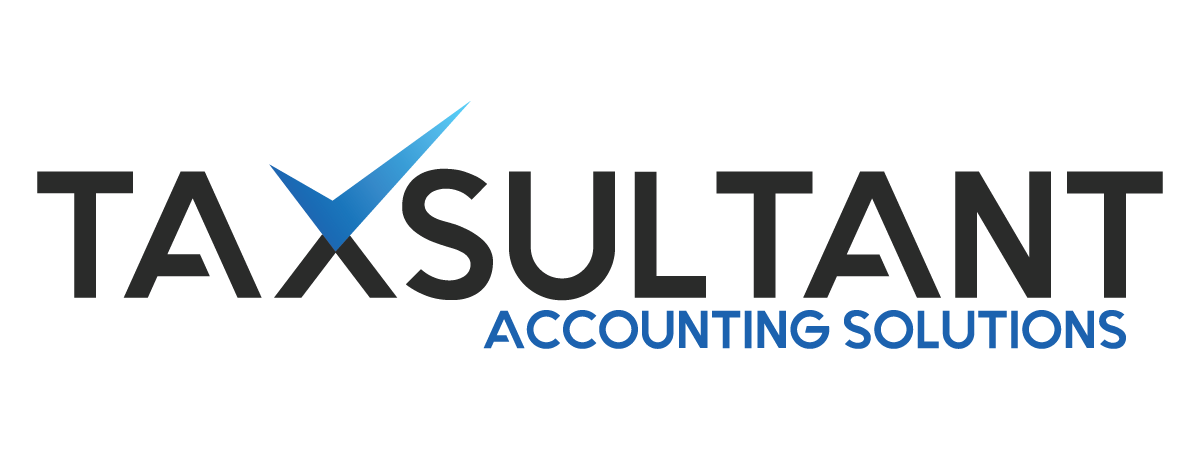Professional Tax (PTAX)
Professional Tax (PT) is a state-level tax levied on individuals, professionals, and businesses in India for engaging in various professional or employment activities. It is imposed by the respective state governments under the provisions of the Professional Tax Act. The tax is typically collected by the state authorities and can vary based on the state and the income level of the person or entity.
Key Features of Professional Tax:
Taxpayer: Professional Tax is applicable to individuals engaged in professions such as lawyers, doctors, chartered accountants, or employees working in organizations.
It is also applicable to businesses like companies, partnerships, and LLPs.
Professionals and salaried employees pay the tax based on their income, while businesses or employers with employees are required to deduct and pay the tax on their behalf.
Tax Rate: The amount of Professional Tax depends on the income level, type of profession, and the state where the individual or business is registered.
Each state government determines its own slabs, which can range from a small fixed amount to a percentage of income.
For salaried employees, the tax is generally deducted at source by the employer, while professionals pay directly.
State-Specific: The rate and rules for Professional Tax differ from state to state, as the tax is levied by the respective state governments.
Certain states do not have a Professional Tax (e.g., Jammu & Kashmir, and some northeastern states).
Employers in states that levy Professional Tax are required to register with the state government and ensure compliance with the state’s laws.
Professional Tax Registration:
Individuals: Those who are self-employed, including freelancers or consultants, must register for Professional Tax with the respective state’s tax authorities.
Businesses/Employers: Companies, partnerships, LLPs, and other organizations with employees must register with the state and deduct the applicable PT from employee salaries.
Payment and Filing: Professional Tax is typically paid on a monthly or quarterly basis, depending on the state.
Businesses or employers are required to deduct PT from employees’ salaries and pay it to the state government on behalf of their employees.
Self-employed professionals need to pay their tax directly to the state authorities based on their income.
Maximum Limit:
Some states have a maximum ceiling for Professional Tax. For example, the maximum tax that can be levied on an individual is capped in many states. For salaried employees, this is usually a small monthly amount (e.g., ₹200 to ₹2500 per month).
Professional Tax for Employees:
Salary Range: Professional tax for salaried individuals is calculated based on the income bracket defined by the respective state. Typically, PT is deducted by the employer, and the employee may not need to worry about filing or paying it separately.
Deductions: For salaried employees, the amount of professional tax paid is deductible from gross income under Section 16 of the Income Tax Act, helping reduce taxable income.
Professional Tax for Employers and Businesses:
Employers are required to deduct Professional Tax from their employees (if applicable) and deposit it with the state government.
Businesses must pay Professional Tax for the owners, directors, and other staff.
Employers must file returns periodically (usually monthly or quarterly) and maintain records to comply with state laws.
States with Professional Tax:
Some of the states that levy Professional Tax in India include:
- Maharashtra
- Karnataka
- West Bengal
- Gujarat
- Tamil Nadu
- Andhra Pradesh
- Telangana
- Kerala
Professional Tax for Self-Employed:
Freelancers and professionals such as doctors, lawyers, and consultants, who are not employed by any organization, are also required to pay Professional Tax in certain states.
These individuals need to file and pay PT directly to the state government, often on a quarterly or annual basis.
Key Points to Remember:
- Deductibility: Professional tax paid by salaried employees is deductible from income under the Income Tax Act.
- Non-Payment Penalties: Failure to pay Professional Tax on time can result in penalties, fines, or legal actions by the state authorities.
- No GST on PT: Professional Tax is not subject to Goods and Services Tax (GST).
- Exemptions: Certain categories of individuals, such as senior citizens (above 60 years of age) or individuals with disabilities, may be exempt from paying Professional Tax, depending on the state laws.
In summary, Professional Tax is a state-imposed tax that applies to individuals and businesses engaged in various professions or employment. It is a recurring tax that is calculated based on income, and businesses are responsible for deducting it from employees’ salaries. Compliance with local laws and timely payment of PT is necessary to avoid penalties.
